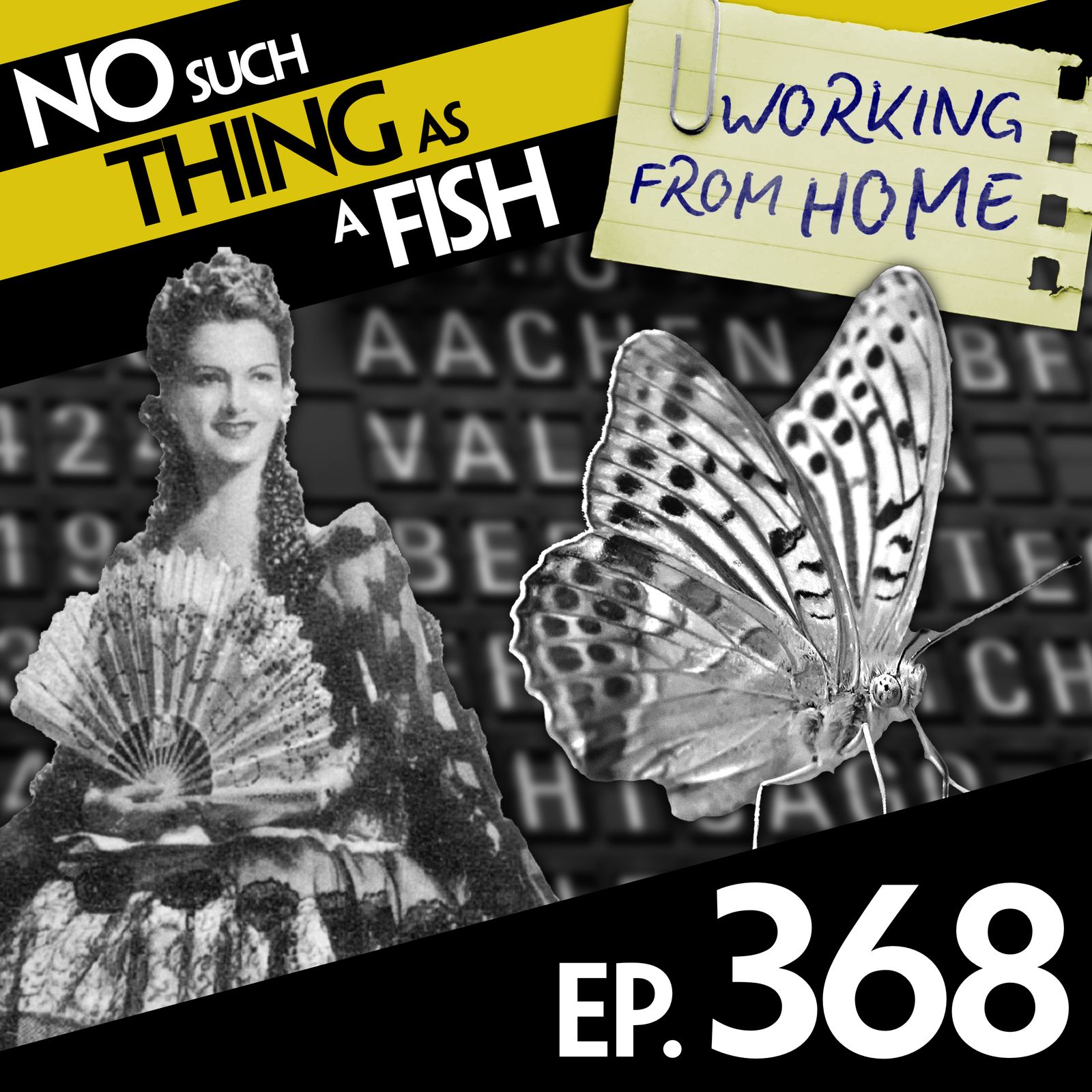368: No Such Thing As The Knipper And The Corpse
Dan, James, Anna and Andrew discuss haemolacria, Olga Chekhova, butterflies and buttered muffins.
Visit nosuchthingasafish.com for news about live shows, merchandise and more episodes.
Visit nosuchthingasafish.com for news about live shows, merchandise and more episodes.
Press play and read along
Transcript
Transcript is processing—check back soon.
No Such Thing As A Fish — 368: No Such Thing As The Knipper And The Corpse





